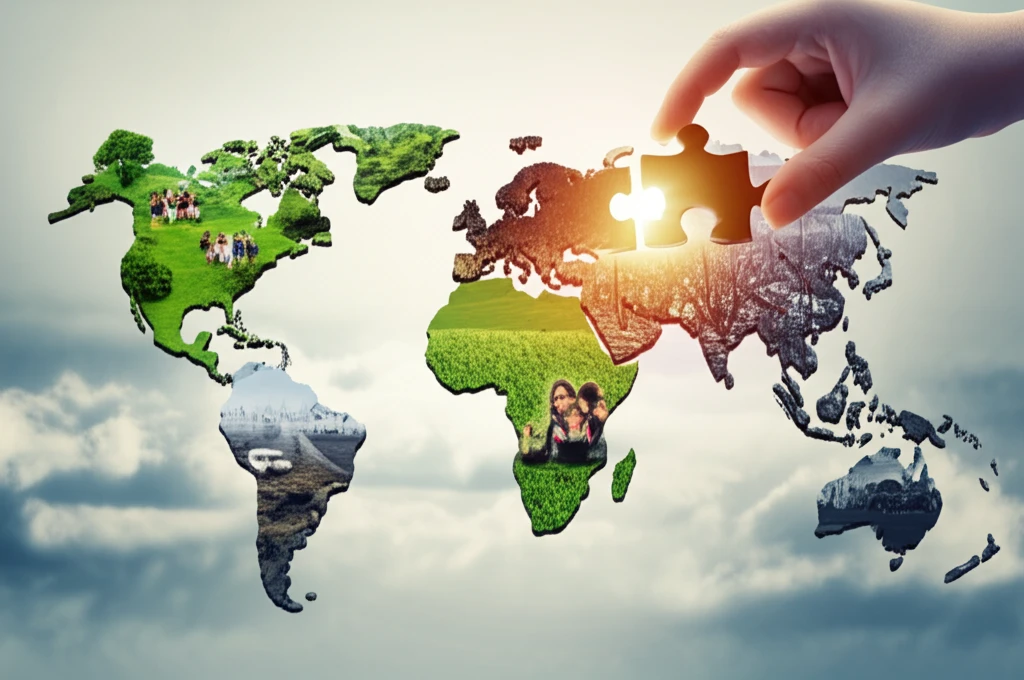
Beyond GDP: Why Measuring Societal Well-being is Key to a Sustainable Future
"Rethinking progress in the 21st century: Moving past economic indicators to embrace holistic measures of societal and environmental health."
In the 21st century, the concept of sustainable development has become increasingly critical. While leaders and thinkers widely acknowledge its importance, turning words into concrete action remains a challenge. This is especially true in places like Albania, where progress is often gauged almost exclusively by Gross Domestic Product (GDP).
However, relying solely on economic indicators like GDP growth to assess societal advancement has been questioned for decades. These measures often fail to account for crucial 'welfare indicators' such as the happiness and overall well-being of a society's members.
This article explores the limitations of GDP as a measure of progress and champions a more comprehensive approach. By incorporating well-being and environmental sustainability, we can gain a more accurate understanding of societal progress, particularly in nations striving for sustainable development.
The Flaw in the Formula: Why GDP Falls Short

Let's consider a real-world example: Imagine the construction of a new highway leading to the neglect and eventual failure of businesses along the old route. While the new highway project boosts the GDP, the economic losses suffered by those old businesses are often overlooked. This scenario highlights a fundamental problem: GDP tallies economic activity but fails to reflect true societal well-being.
- GDP Doesn't Account for Environmental Costs: Economic growth can come at the expense of natural resources and environmental quality.
- GDP Ignores Social Well-being: Factors like health, education, social connections, and security are not directly reflected in GDP.
- GDP Can Mask Inequality: A rising GDP can hide the fact that wealth is concentrated in the hands of a few, while many struggle.
The Path Forward: Embracing a Holistic Approach
The time has come to look beyond GDP as the sole measure of progress and embrace a more holistic approach that values well-being and sustainability. By adopting comprehensive measures like the Happy Planet Index and prioritizing quality of life, environmental protection, and social equity, we can pave the way for a truly sustainable and prosperous future.
